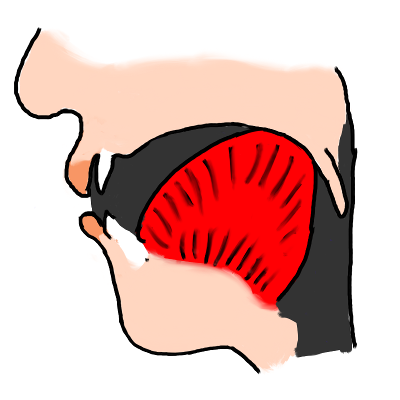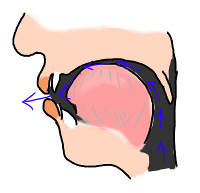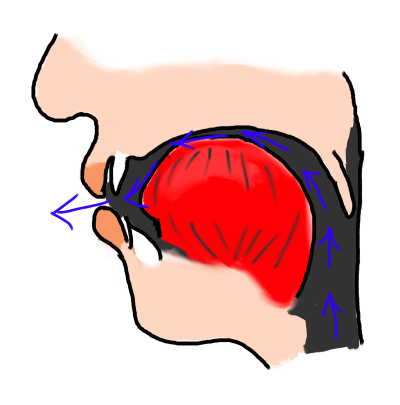How to pronounce cuit
Do you find the information below useful? If you do, you can get guides like it for 1,000+ French words by downloading this app for your iPhone or iPad.
| k |  | A French 'k' sound (often written "qu" or, as in English, "c") is generally pronounced in a similar way to the English 'k' sound of "skin", "scan" etc. In other words, it is not usually followed by a "strong burst of air" (aspiration) as in the 'k' sound of English "kit", "can" etc. If you are a native English speaker, repeat the word "cool" then "school" while holding your hand in front of your mouth. In the word "cool", you'll feel a stronger burst of air than in "school". In French, you always pronounce the 'k' sound as in English "school", without the strong burst of air. | |
| ɥ |  | This is a sound that has no near equivalent in English. To pronounce it, you "glide" rapidly from a French 'u' vowel to the following vowel. Be careful not to pronounce this sound as an English "w" sound. The two are different: in this French sound, you start on a French 'u' sound (and not a French 'ou' sound or English 'oo' sound). | |
| i |  | The French 'i' vowel is pronounced with the tongue almost as far forward and close to the roof of the mouth as it will go and with the lips spread. Aim to "tense" your lips for a moment as you pronounce it. |